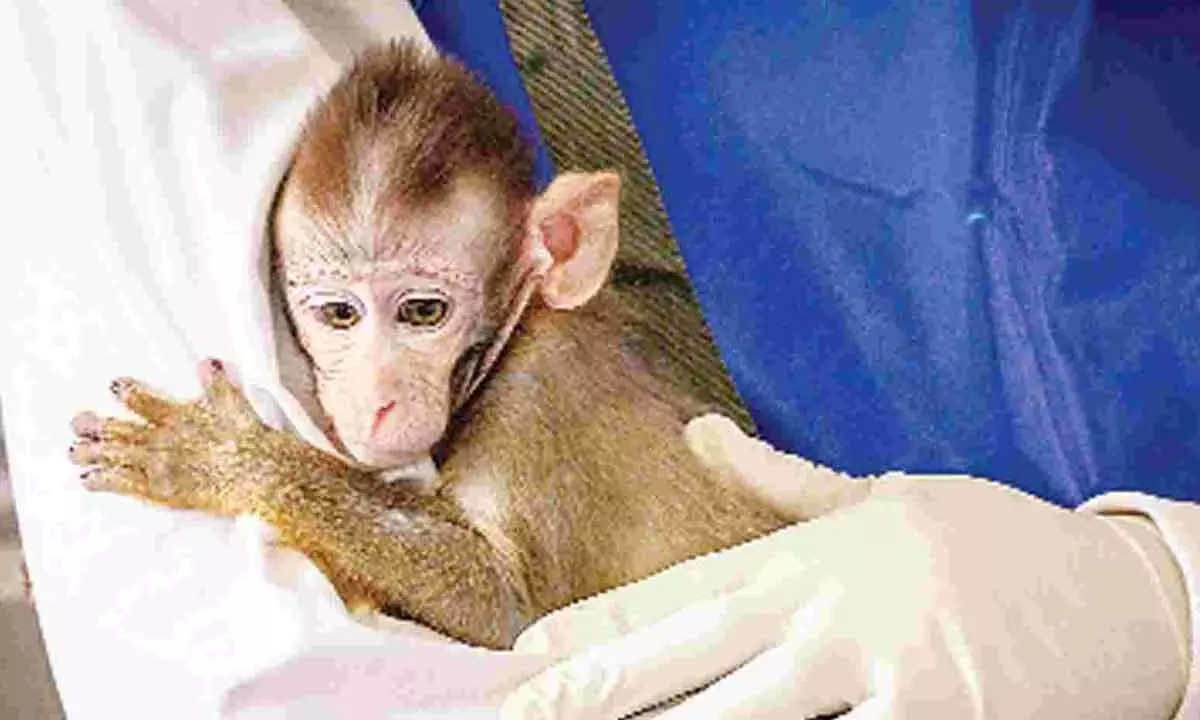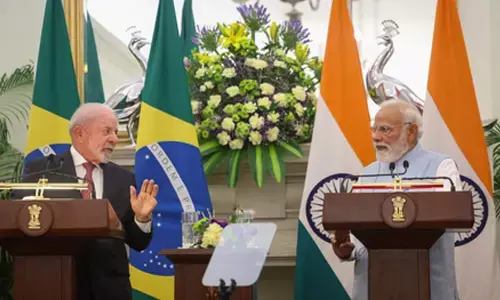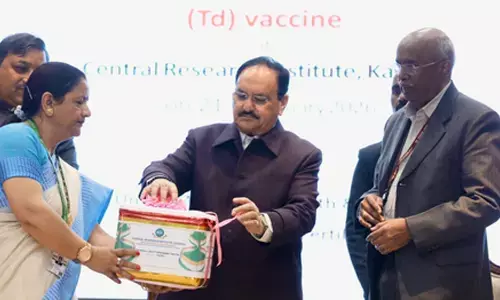Can researchers develop vaccines without monkeys?

PETA India asks pharma researchers to stop using monkeys in vaccine development as monkey-tested vaccines have failed to work in humans
The Indian chapter of the People for the Ethical Treatment of Animals (PETA), an American animal rights organization, has called on the pharmaceutical researchers in India to stop using monkeys in vaccine development as it causes extreme suffering to monkeys and these monkey-tested vaccines have failed to work in humans. PETA India argued that there are major genetic, physiological, and immunological differences between humans and monkeys that lead to poor translation of experimental results across species, especially regarding vaccine development.
To drive its point, PETA stated that back in the 1940's, Western experimenters told the Indian government that rhesus macaques were needed to develop a polio vaccine. But in fact, the use of macaques slowed the development of the polio vaccine and introduced an unintended monkey virus into it. Countless times, the research community has proclaimed that a malaria, tuberculosis, or HIV vaccine that demonstrated immense potential in monkeys was on the way for humans. But time and again, PETA further argued, that these monkey-tested vaccines have failed to work in humans and in one case, the test vaccine even increased the likelihood of infection.
It is true that millions of monkeys, dogs, rats, and other animals are mutilated, burnt, blinded, cut open, poisoned, and drugged in laboratories every year. It is also fact that monkeys are still widely used in pharmaceutical researches in the country even though animal rights organizations, including PETA, have been asking the researchers and the policy makers to phase out animal experiments in pharmaceutical research to end cruelty against animals. Supporters of animal welfare are of the view that most of the drug discoveries are possible without experimentations in animals and inflicting cruelty on them. Among the many species exploited in the name of science, monkeys – mainly macaques and marmosets – are used to potentially develop and test the safety and efficacy of possible human medicines and vaccines.
It is obvious that cruelties on animals are part of the pharmaceutical research. When capturing monkeys in the forest, trappers isolate a troop in a tree and then grab the terrified animals with their hands or using nets and sticks. Many are injured or killed during this violent process. The survivors are crammed into bags or crates and taken on a horrifying journey to laboratories around the globe. Upon arrival, these highly social animals are put in barren steel cages, in which they barely have enough room to sit, stand, lie down, or turn around. Babies born in laboratories are forcibly separated from their screaming mothers. Many monkeys go insane and even begin to self-mutilate.
They are subjected to painful and traumatic procedures: thick gavage tubes are shoved up their nostrils and/or down their throats to pump experimental drugs into their stomachs, electrodes are implanted in their brains, they are exposed to toxic chemicals, and they are given infectious diseases they would never normally contract to test experimental vaccines, among other horrific procedures. The goal of this exploitation of monkeys is purportedly to find cures for human diseases, but the millions of patients who have waited decades for these treatments to emerge know the heartache of false hope that these experiments engender.
But, experts and researchers are divided on the issue. It is true that an opinion is gradually emerging in the developed nations in favour of doing pharmaceutical research sans animals. In early last year, the European Parliament had passed a resolution that has committed to phase out animal experiments in pharmaceutical research. In October last year, the European Parliament voted in favour of framing an action plan to curb animal testing in pharmaceutical research.
Members of European Parliament (MEPs) supported a motion for a resolution to speed up the transition to innovation without using animals in research, regulatory testing, and education. Besides European Parliament, a handful of US lawmakers have recently introduced two Bills aimed at ending mandatory animal testing of new pharmaceuticals destined for human trials. On the other hand, a section of the scientists argues that advances in the management of certain diseases through the development of diagnostics, prophylactics and therapeutics can come about only through the continued use of animal models in medical research.
Whatever may be the merits and otherwise of these arguments, there seems to be some merit in the arguments of the animal rights organizations as the Indian drug regulator, the Central Drugs Standard Control Organization (CDSCO), reduced requirements for toxicity tests on animals, including monkeys, in the development of therapies for Covid-19. Had the CDSCO required India's locally developed Covid-19 vaccine (Covaxin) to follow the normal route of development and approval, we would have been waiting for a decade or more for a vaccine. Clearly, the global Covid-19 pandemic has revealed how unreliable and unnecessary it is to use monkeys as models of human diseases. Now, the billion dollar questions is, can the pharmaceutical researchers develop vaccines without the use of monkeys. The answer seems to be in the affirmative.
(The author is freelance journalist with varied experience in different fields)








